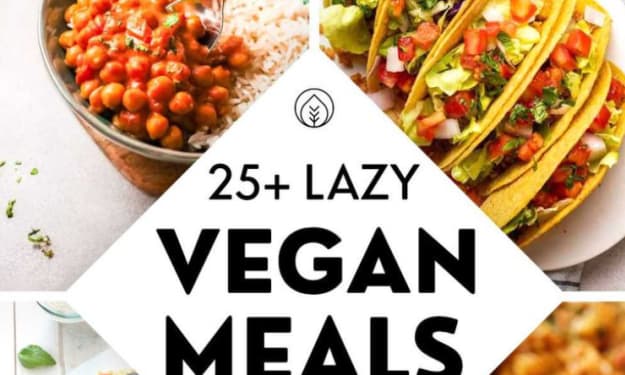do you have piles? the top five foods to avoid to prevent hemorrhoids
piles relif

You must stay away from these foods if you struggle with piles.The medical ailment known as haemorrhoids, often known as piles,is characterised by bulging veins in the lower rectum and anus.Piles can cause bruising, bleeding, pain, and discomfort in your anal region.
According to Harvard Health, it is brought on by increased pressure brought on by pregnancy, being overweight, or straining during bowel motions.
See also:
How to Maintain Heart Health During an Increase in Coronavirus Cases Amazing Health Benefits Of Turnip/Shaljam,A Nutritious Vegetable You Must Include In Your Winter Diet -
Coronavirus: From CoWin, the Aarogya Setu app, and WhatsApp,
you can quickly download the Covid-19 vaccination certificate (see video).
Rectal ache, itchiness, and bleeding are symptoms.
Although they are not harmful, piles can be uncomfortable and reoccur.
The primary factor of piles disease is constipation.
You can slightly treat piles if you take care of constipation.
Eliminating a few meals can undoubtedly relieve piles.
To obtain relief from piles, stay away from these foods.
Foods High in Gluten: Consuming foods high in gluten might lead to piles and constipation.
Grain varieties including wheat and barley contain a protein known as gluten.
Some persons who are allergic to gluten develop autoimmune diseases,which severely impair their ability to digest food.
It may result in piles after causing constipation.
Cow milk or Dairy Products:
Cow milk or dairy products made from it may cause piles disease and constipation in some persons.because cow's milk's protein can also lead to constipation.This has been demonstrated in numerous studies. Cow milk can be substituted with soy milk.
Red Meat: Eating red meat can lead to haemorrhoids, a condition brought on by constipation. because red meat has a low fibre content and a high fat content. Because of this,
it is difficult for the body to digest, and it can build up and cause issues with elimination. Patients with haemorrhoids shouldn't consume it.
Fried and quick food: If you consume these foods frequently,
you may get piles issues. Because these meals have a low fibre content and a high fat content,just like red meat. Choose fruits and leafy green vegetables instead.
Alcohol: Alcohol dehydrates the body, which exacerbates the constipation issue.Constipation further impedes the smooth transit of faeces and contributes to piles disease.
Make sure you choose more nutritious ones.
Bell peppers
Another great vegetable to help with piles is bell pepper.
Each cup (92 grams) of sliced, mild peppers delivers nearly 2 grams of fiber (32Trusted Source).
While not as fibrous as some of the other vegetables included in this list, bell peppers are very hydrating with a water content of 93% (32Trusted Source).
Along with fiber, this makes your stool easier to pass and prevents straining.
Celery
Similarly to bell peppers, celery delivers a lot of water, as well as fiber. This softens your stools and diminishes the need to strain.
One large, 11–12-inch (28–31-cm) stalk provides 1 gram of fiber and consists of 95% water (33Trusted Source).
Slice this crunchy vegetable into salads, add it to soups or stews, or dip the stalks into a bit of your favorite nut butter.
Apples
Like pears, apples boast an impressive amount of fiber.
For instance, one medium apple possesses nearly 5 grams of fiber. What’s more, some of this fiber is pectin, a soluble fiber that creates a gel-like consistency in the digestive tract (36Trusted Source).
This helps soften and bulk up your stool, easing straining and aiding the discomfort associated with piles.
Bananas
Boasting both pectin and resistant starch, bananas are an ideal food to incorporate into your diet to calm piles symptoms (38Trusted Source, 39Trusted Source).
One medium, 7–8-inch (18–20-cm) banana provides 3 grams of fiber (40Trusted Source).
While its pectin creates a gel in your digestive tract, its resistant starch feeds your friendly gut bacteria — a great combination to help your hemorrhoids.
About the Creator
Enjoyed the story? Support the Creator.
Subscribe for free to receive all their stories in your feed. You could also pledge your support or give them a one-off tip, letting them know you appreciate their work.





Comments
There are no comments for this story
Be the first to respond and start the conversation.